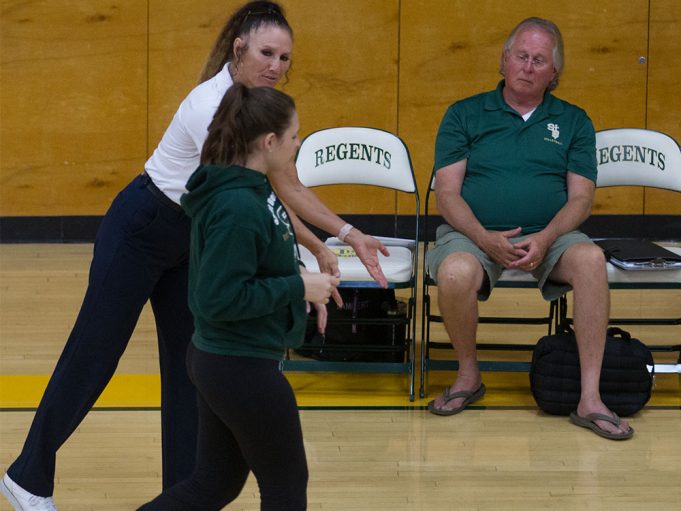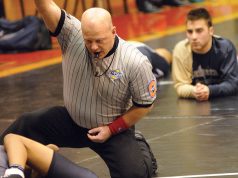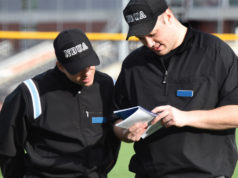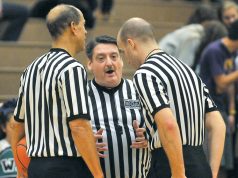The best way for an official to address association discipline is to not be disciplined at all. Be a professional. Officials who are professionals greatly reduce their likelihood of being disciplined, and the habits they develop by being professional will help them.
But if an official faces discipline, it all starts with notice — the starting point for due process. Notice starts with the constitution, bylaws and procedures. Associations and officials have an obligation to give notice.
Officials have a professional obligation to read the bylaws and understand their obligations. This is vital with technical obligations, such as paying dues and attending meetings and clinics. These technical obligations should be in the bylaws and officials must read them.
Officials who are aware of their technical obligations can meet their obligations or be proactive when they can’t perform them. Don’t wait for the penalty then try to appeal. Get out in front. For example: If you can’t pay your dues, tell somebody and ask for relief. If you can’t make a game, know the process for turning back an assignment. Professionals who proactively get informed drastically reduce their chances of being disciplined.
Officials are also subject to discipline from a broad array of matters that can best be classified as professional standards. These standards are generally enshrined in codes of ethics, clauses about discriminatory conduct and clauses regarding not engaging in conduct unbecoming a professional. The professional will educate him or herself on professional standards and best practices. This is easier if the association has policy books, guidelines and other material to flesh out some of these clauses.
Even the most professional officials may still fall prey to association discipline, especially in associations that give members the ability to file their own individual grievances. The professional will have read the bylaws and have some basic understanding of how charges are resolved. Attorneys file motions to clarify how cases should proceed. Officials need to do the same.
Officials must ask their boards about hearing and appeals procedures. Officials need to know whether and when written documents can be provided, and whether they can have a representative at the hearing. Officials also need to know whether they can have non-association witnesses, and if their fellow officials can speak on their behalf.
The lack of written hearing and appeals procedures isn’t fatal to the association or the official. Both sides need to address the matter in advance. The association’s board has the ultimate right to set the hearing procedures. The board should set those ground rules prior to the hearing or appeal.
Next, officials should make sure that an association follows its rules. Officials can defend themselves by making a case that rules enforcement should be consistent with the purpose of a rule.
Being professional, knowledgeable and proactive are the keys for an official to avoid discipline, and to defend him or herself if he or she ever faces charges or has to appeal.
What's Your Call? Leave a Comment:
Note: This article is archival in nature. Rules, interpretations, mechanics, philosophies and other information may or may not be correct for the current year.
This article is the copyright of ©Referee Enterprises, Inc., and may not be republished in whole or in part online, in print or in any capacity without expressed written permission from Referee. The article is made available for educational use by individuals.


















